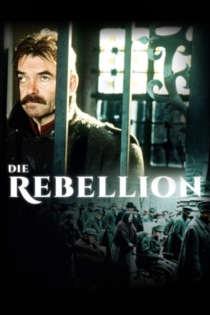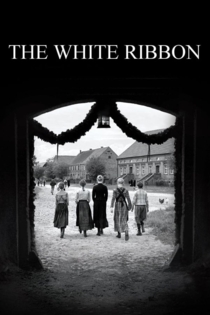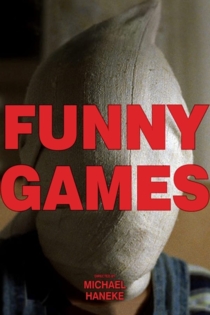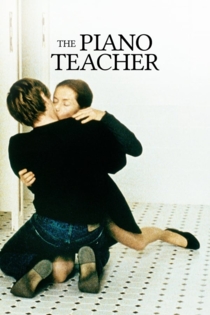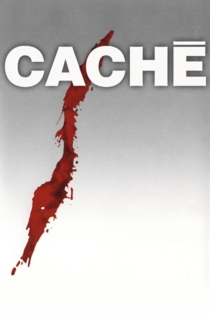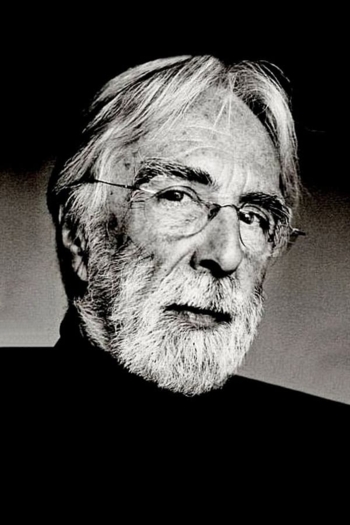
Michael Haneke
1942 (83 года)Description above from the Wikipedia article Michael Haneke, licensed under CC-BY-SA, full list of contributors on Wikipedia.
Amour
Michael Haneke
Jean-Louis Trintignant, Emmanuelle Riva
Georges and Anne are in their eighties. They are cultivated, retired music teachers. Their daughter, who is also a musician, lives abroad with her family. One day, Anne has a stroke, and the couple's bond of love is severely tested.
Amour
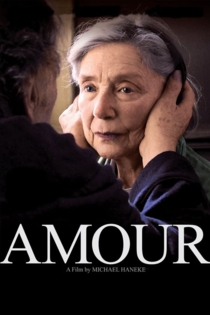
The Seventh Continent
Michael Haneke
Birgit Doll, Dieter Berner
Chronicles three years of a middle class family seemingly caught up in their daily routines, only troubled by minor incidents. Behind their apparent calm and repetitive existence however, they are actually planning something sinister.
The Seventh Continent
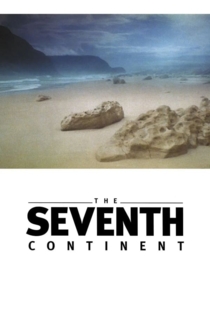
Die Legende vom hässlichen König
Hüseyin Tabak
Yılmaz Güney, Tarık Akan
Director Hüseyin Tabak explores the legacy of Yilmaz Güney — political dissident, convicted murderer, and visionary Kurdish filmmaker — who directed the 1982 Palme d'Or–winning Yol from inside prison and died in exile just two years later.
The Legend of the Ugly King
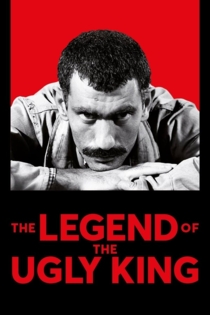
Charm's Incidents
Michael Kreihsl
Johannes Silberschneider, Wolfgang Hübsch
Humourous interpretation of the poems and writings of Soviet dadaist Daniil Charms. These are organized into a sequence, suggesting a storyline, about a poor Russian poet who lives in Vienna, falls in love and has several bizarre adventures.
Charm’s Incidents
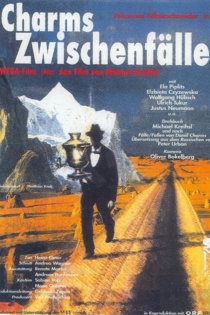
Cosi Fan Tutte
Michael Haneke
Sylvain Cambreling, Anett Fritsch
Who loves whom in Così fan tutte, Mozart’s and Da Ponte’s cruelly comic reflection on desire, fidelity and betrayal? Or have the confusions to which the main characters subject one another ensured that in spite of the heartfelt love duets and superficially fleetfooted comedy nothing will work any longer and that a sense of emotional erosion has replaced true feelings? Così fan tutte is a timeless work full of questions that affect us all. The Academy Award-winning director Michael Haneke once said that he was merely being precise and did not want to distort reality. In only his second opera production after Don Giovanni in 2006, he presents what ARTE described as a “disillusioned vision of love in an ice-cold, realistic interpretation”.
Così fan tutte
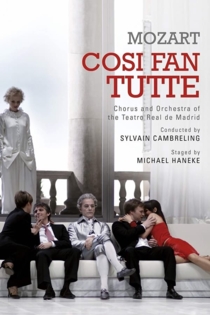
Mein Leben
Felix von Boehm, Gero von Boehm
Michael Haneke, Juliette Binoche
His new film "The White Ribbon" received the Palme d'or at Cannes this year. Felix and Gero von Boehm have accompanied the German and French film director for several months and were able for the first time watch him exclusively in work and in private. An interesting insight into one of the worlds most notable modern directors.
My Life - Michael Haneke

Trespassing Bergman
Hynek Pallas, Jane Magnusson
Tomas Alfredson, Woody Allen
In the sixties, Swedish filmmaker Ingmar Bergman (1918-2007) built a house on the remote island of Fårö, located in the Baltic Sea, left Stockholm and went to live there. When he died, the house was preserved. A group of very special cinephiles, came from all over the world, travel to Fårö in search of the genius and his legacy. (An abridged version of Bergmans video, 2012.)
Trespassing Bergman
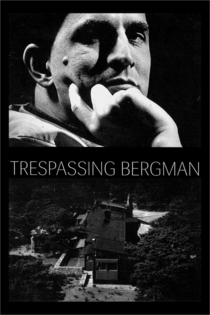
Lemminge, Teil 1 Arkadien
Michael Haneke
Regina Sattler, Christian Ingomar
This two-part drama examines the fate of Haneke’s own generation which came of age after World War II. The first part depicts the generational gap between 1950s teenagers and their parents while the second shows this same group of characters twenty years later as they have grown up to be dysfunctional and suicidal adults. Regarded as the most significant of Haneke’s early works, Lemmings contains incipient treatments of many of the themes he would later elaborate on in his theatrical features.
Lemmings, Part 1: Arcadia

Michael H. – Profession: Director
Yves Montmayeur
Michael Haneke, Isabelle Huppert
Over the past twenty-five years, director Michael Haneke has established himself as a towering figure in modern cinema whose rigorous focus on the craft of filmmaking has produced works of profound artistry. This career-spanning documentary gives unprecedented access and covers the body of Haneke’s work, offering insight into his creative process through on-set footage and interviews with the man himself and collaborators including Emmanuelle Riva, Isabelle Huppert and Juliette Binoche.
Michael H. – Profession: Director
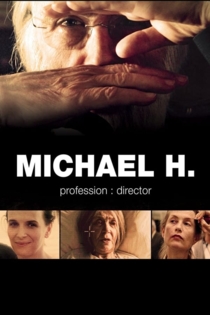
Trintignant par Trintignant
Lucie Cariès, Yves Jeuland
Anouk Aimée, Jean-Louis Trintignant
A portrait of a man of rare elegance and enigmatic charm, versatile and successful: Jean-Louis Trintignant, one of the most critically acclaimed French actors of the last sixty years, known for his numerous roles on stage and screen.
Trintignant by Trintignant

Die Rebellion
Michael Haneke
Branko Samarovski, Thierry van Werveke
The disabled ex-soldier Andreas Pum lost a leg for emperor and father land. After leaving the army he receives a license and a drehorgel. One day he gets into a controversy with a welldressed gentleman, disturbs the public order, and hits a policeman. Andreas Pum goes to jail, loses his license and becomes toilet guard in the Cafe Halali after his release. Only at the moment of death he recognizes that he was always too decent and too obedient.
The Rebellion
